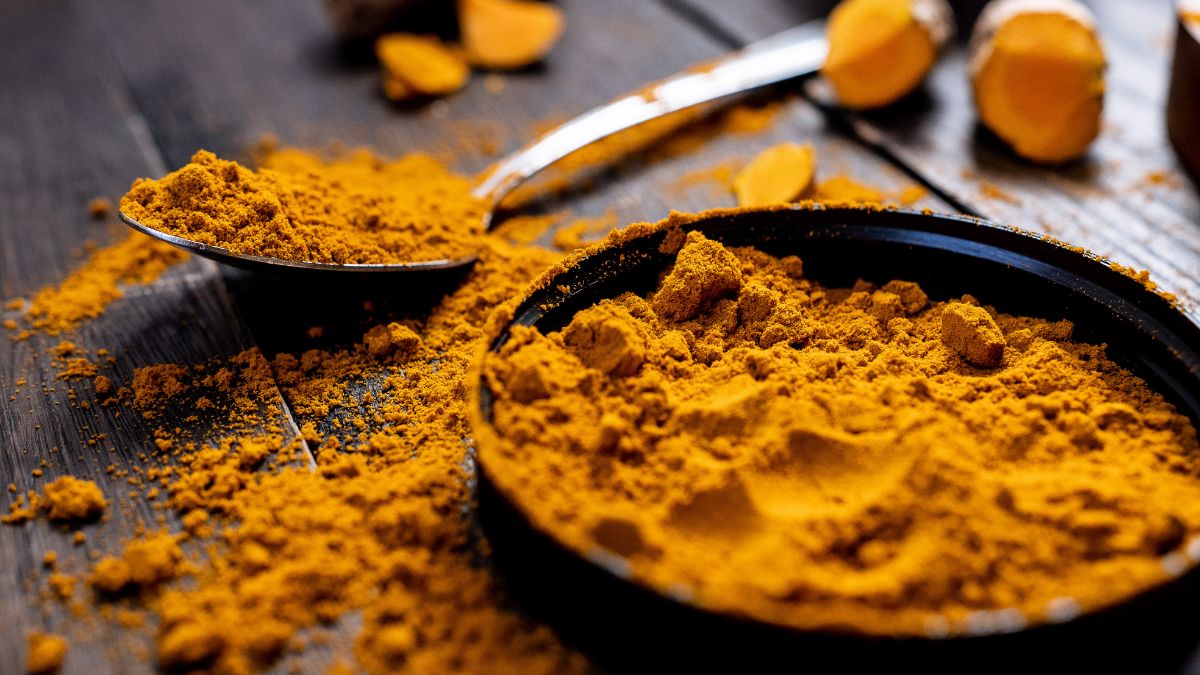
Applying Turmeric On Your Face: Dermatologist Shares 5 Reasons Why You Shouldn't Do It
Turmeric, the golden spice, has been touted as a miracle worker for various health and beauty benefits. Its anti-inflammatory and antioxidant properties have led many to swear by its effectiveness in reducing acne, brightening complexions, and even soothing skin conditions. However, when it comes to applying turmeric directly to the face, the jury's still out. But what are the real risks of using turmeric on your face? We spoke to our expert, Ms Lalita Arya, VP of Product for Dermalogy Care, to get the lowdown on the top five reasons why you should think twice before applying turmeric to your face.

Side Effects Of Applying Turmeric On Face
Ms Arya said, "Turmeric possesses well-documented anti-inflammatory and antioxidant characteristics, which makes its application in skincare very versatile as it serves many functions such as skin whitening and acne reduction. But it is also likely that some of these people may suffer from complications due to its use, especially on the face."
"Turmeric is notorious for its skin irritation side effects. Sensitive people may experience redness, itching or a burning feeling after using turmeric, especially when it is used in raw form or mixed with other substances. Such people who have higher tendencies of hypersensitivity must use it with great care. It is prudent to check for a patch test before using turmeric on the face for allergy checks," she pointed out.
Ms Lalita mentioned, "Turmeric’s inherent curcumin, a natural tonic, can lead to another undesirable effect known as staining on the skin. Turmeric has other undesirable effects as well; it can stain the skin and leave a yellow spot that is hard to eliminate. Higher concentrations of turmeric or excessive application to the skin can lead to frustrating skin conditions; the yellow stains are difficult to remove."

Don't Miss: 3 Expert-advised DIY Overnight Face Masks For Glowing Skin
"Using turmeric in high volumes can result in dehydration of the skin. Turmeric has antioxidant properties that help to reduce inflammation and redness but applying in excess may lead to natural skin oils being removed. As a sequence of such action, it can push the skin into an imbalance in moisture levels which results in excessive dryness or flakiness," shared the expert.
"For people having eczema, rosacea or psoriasis conditions, turmeric may worsen the irritation and therefore it is important to speak to a skin expert before using it in a cure. Furthermore, it is important to bear in mind that with all the above skin advantages of turmeric, caution should be taken in abundance. This is especially true for sensitive skin and people with existing skin disorders," she concluded.
Don't Miss: 3 Skin Benefits Of Mixing Aloe Vera Gel With Tea Tree Oil
If you liked this story, then please share it. To read more such stories, stay connected to HerZindagi.
Also watch this video
Herzindagi video